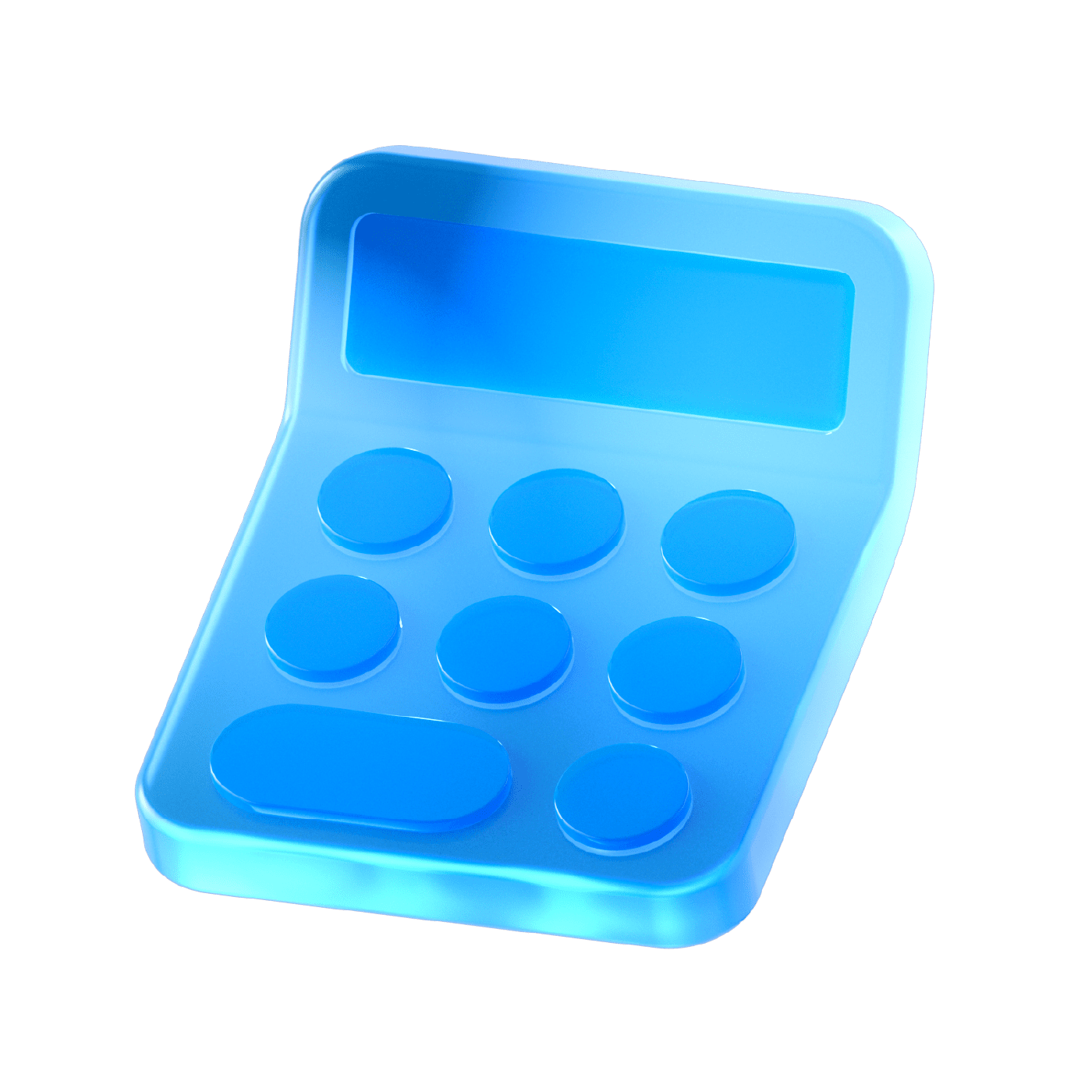Mandatory and defined contribution (DC) schemes are primarily designed to encourage individuals to save while working to finance consumption later during retirement. Governments around the world provide tax deductions and benefits to encourage working people to save and preserve assets for their retirement. To date mandatory and voluntary DC retirement savings accounts have tended to be highly illiquid by design. Early access to retirement savings was granted only in specific cases, but typically subjected to restrictions, penalties, and tax implications. The rules varied among countries and depending on the type of retirement account and other factors, but common circumstances in which early access to retirement savings have been granted include financial hardship, medical expenses, serious illness, long-term unemployment, education expenses, age and eligibility criteria, pension bridging, funeral expenses, avoiding foreclosure or eviction, firsttime home purchase or repairs to the primary residence. Limiting early access to retirement savings has been for a long time justified by (i) long-term financial security concerns, (ii) tax advantages, (iii) behavioural economics considerations (individuals tend to prioritize short-term wants over long-term needs), (iv) discouraging individuals to rely on social safety nets like Social Security, (v) compound interest effects reducing the potential growth of retirement savings over time, (vi) retirement adequacy considerations, (vii) minimizing the consequences of impulsive financial decisions, (viii) administrative complexity, or (ix) administrative burdens and additional costs for employers. However, things are changing in countries like Spain were the RDL 62/2018 of 9 February provides, in addition to the usual cases of force majeure for early withdrawals of pension plan rights, a new case of generalised and continuous partial or total liquidity. Although new law limits withdrawals to savings (and their returns) made up to ten years before the time of each withdraw, on 1 January 2025 any participant could withdraw part or all of the contributions made until 31 December 2015 and so on. Unlike what happened with Covid-19, when in countries like Spain urgent measures were approved in the face of the economic consequences of the confinement that contemplated very selective and limited withdrawals of liquidity, now in the case outlined in the RDL 62/2018, no restrictions are imposed on the full recovery of the investment made together with the revaluation obtained during the ten years of permanence in the funds.


